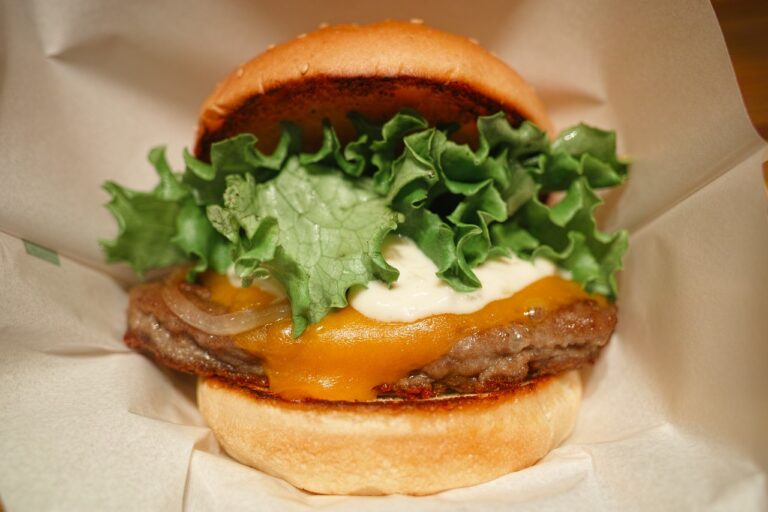The Impact of Stress on Eating Habits
Many people turn to food as a coping mechanism during times of stress. In these situations, cravings for high-fat, high-sugar foods tend to increase, leading to overeating. Additionally, stress eating often involves mindless consumption of food, eating even when not truly hungry.
Understanding Emotional Eating
Emotional eating is a common phenomenon that many individuals experience during times of heightened stress or emotional turmoil. This behavior involves using food as a coping mechanism to soothe negative emotions or fill a void. It is often characterized by the urge to eat in response to emotions rather than physical hunger cues, leading to the consumption of comfort foods that provide temporary relief but do not address the underlying emotional issues.
When emotional eating becomes a frequent occurrence, it can lead to negative consequences such as weight gain, guilt, and a cycle of emotional dependence on food. Individuals may find themselves stuck in a pattern of using food to escape or suppress their emotions, which can further exacerbate feelings of stress and anxiety. Understanding the triggers and patterns of emotional eating is essential in order to develop healthier coping mechanisms and break free from this cycle of unhealthy behavior.







